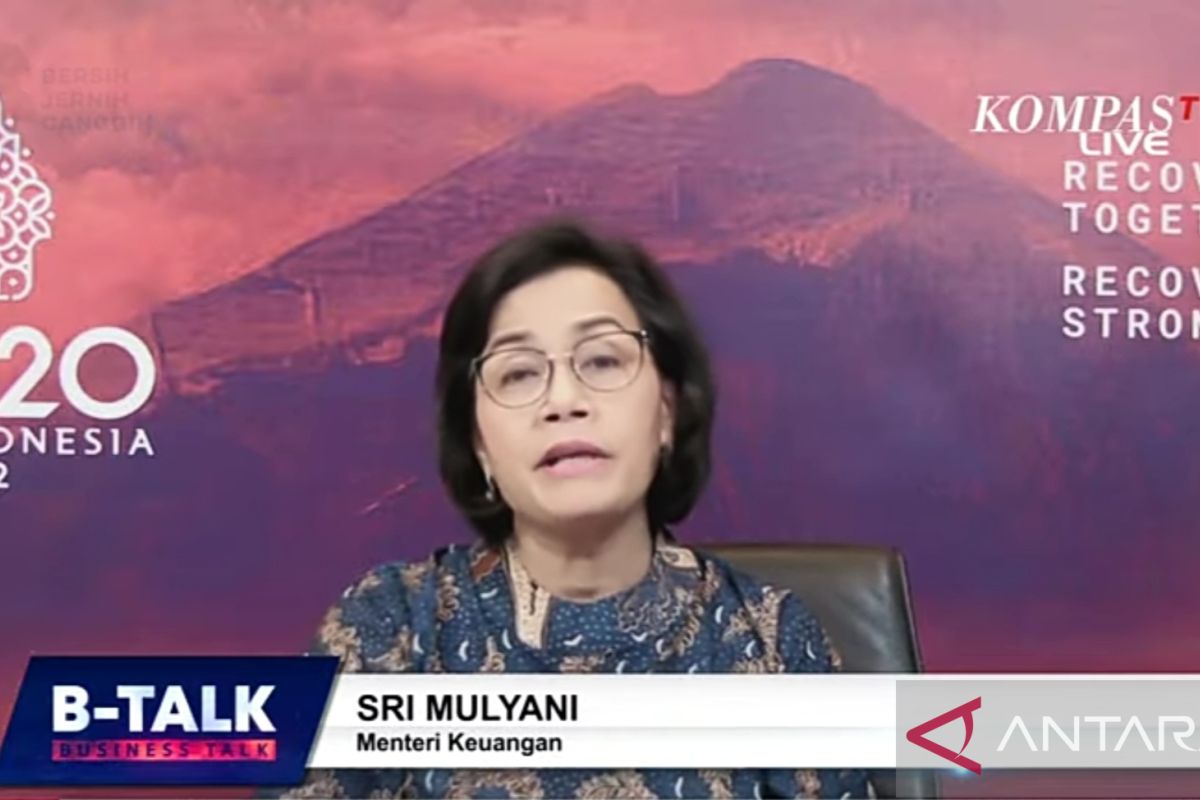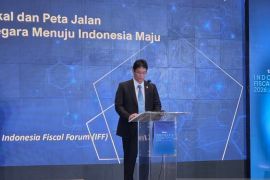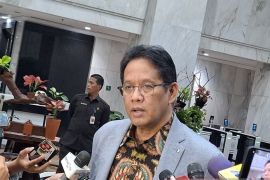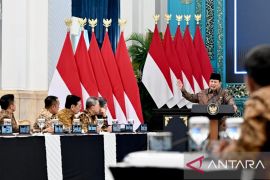This means that the shock arising due to the international conditions is managed by the State Budget, she explained.
"However, as a tradeoff for maintaining the people's purchasing power, the State Budget's burden will significantly rise from the fuel oil subsidy," she remarked.
The war in Ukraine has increased the prices of commodities, including of food and energy.
The government will continually strive to ensure that the people are not affected by the international energy commodity price surge by maintaining stability in the prices of electricity and fuel oil consumed by the people.
This is because the surge in energy prices can stem household consumption that had grown 4.34 percent year-on-year in the first quarter of 2022. This figure does not yet meet the government's expectations.
"Hence, in order to have consumption grow above five percent year-on-year, we must maintain the people's purchasing power," the minister remarked.
Beyond maintaining the people's purchasing power, the government will continue to encourage higher investment to ensure the continuity of economic recovery, which can be achieved with funding from enterprises and banking credit.
Indrawati expects that banking credit distribution can grow even higher than the achievement in the first quarter of 2022, which was 6.67 percent year-on-year.
This can occur since the people's activity was currently recovering from the impact of the COVID-19 pandemic.
"The business world became more optimistic and brave after seeing the people conduct mobility and consumption well, with maintained purchasing power," she remarked.
Related news: Indonesian deputy minister warns of high risk of uncertainty in 2023
Related news: Jokowi seeks precise spending plan for below three-percent deficit
Related news: Rp467.3 trillion allocated for 2023 national priority programs
Translator: Sanya Dinda S, Fadhli Ruhman
Editor: Sri Haryati
Copyright © ANTARA 2022












